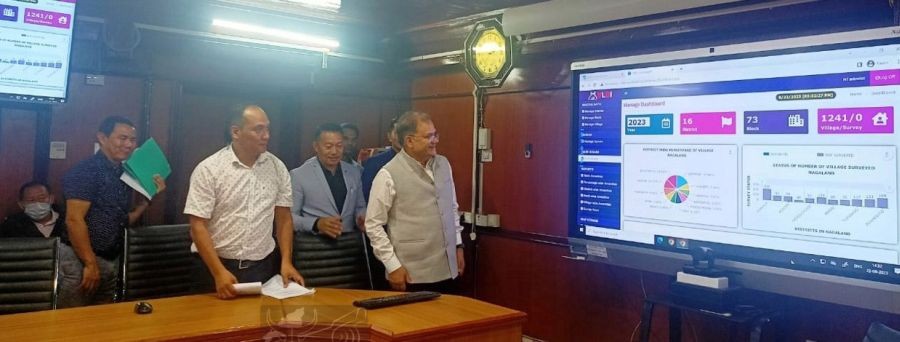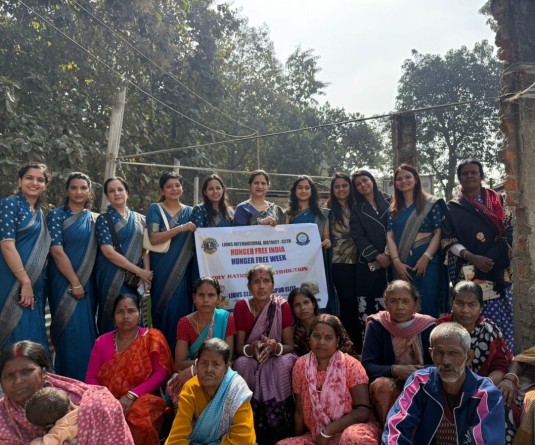Chief Secretary of Nagaland, J Alam, IAS unveils online statistical data collection applications developed by Directorate of Economics & Statistics, Nagaland on August 22. (DIPR Photo)

Kohima, August 24 (MExN): Chief Secretary of Nagaland, J Alam, IAS unveiled two significant online statistical data collection applications developed by the Directorate of Economics & Statistics, Nagaland. The launch took place on August 22 at the Chief Secretary’s conference hall in Kohima, stated a DIPR report.
The first application is the Village Level Development Indicators (VLDI), a web-based GIS-enabled platform designed for comprehensive statistical data analytics and monitoring. It facilitates the collection and analysis of major basic amenity indices for villages across RD Blocks and Districts in Nagaland. The VLDI application will provide insights into the status of key development indicators at the village level. This data will be crucial for planners and decision-makers in the state to identify gaps and allocate resources efficiently, aligning with the objectives of Sustainable Development Goals (SDGs).
The second application, the Estimation of Price Index (PI), is also web-based and comprehensive. It serves as a statistical tool for collecting, estimating, systematically analyzing, and tracking the relative movement of retail and wholesale prices of essential commodities and building materials. The Price Index covers both urban and rural areas, providing an average perspective. This system enables the tracking of inflation by comparing price relatives across different time intervals and geographical locations in Nagaland.
“These advanced applications represent a significant step forward in data collection and analysis for informed decision-making in the state, contributing to more effective governance and policy formulation,” it stated.





